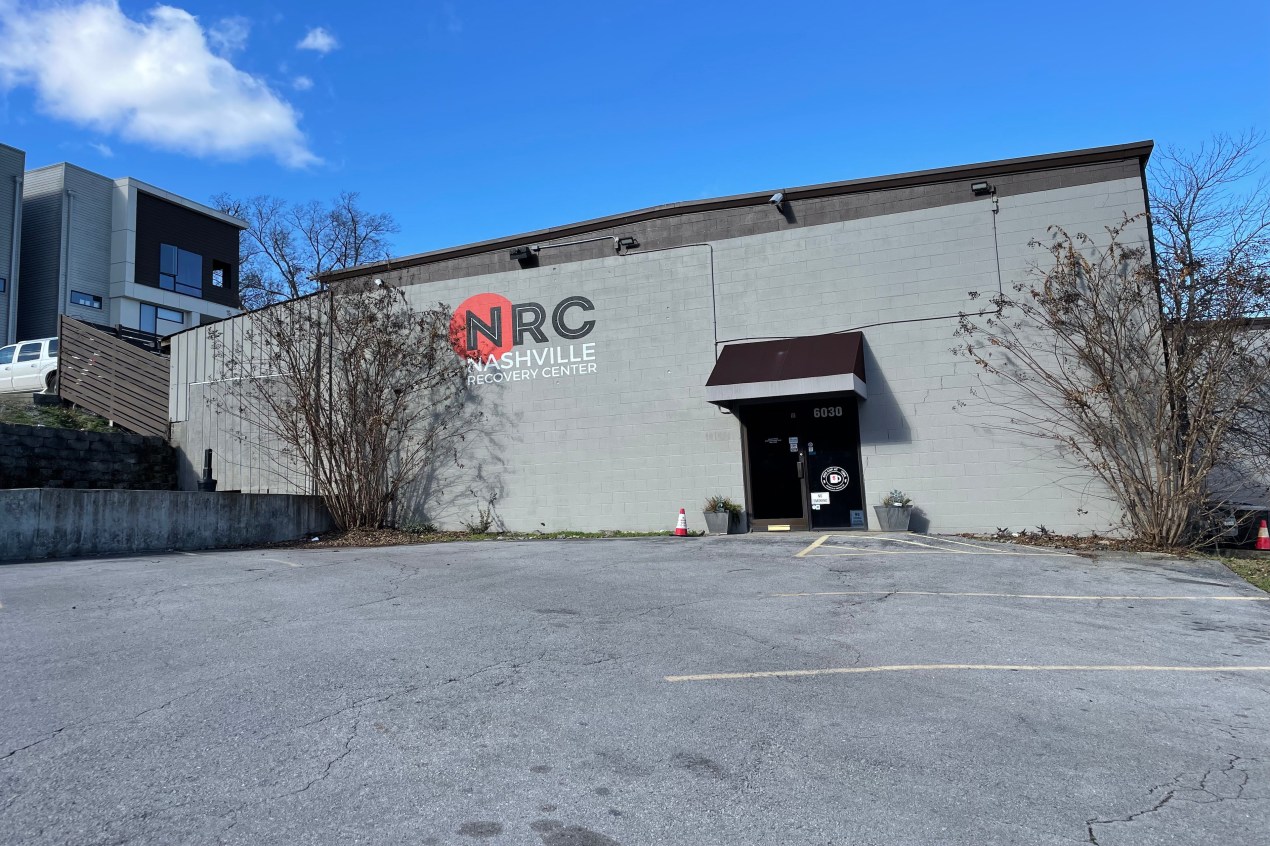Equipping Lives: Searching For Your Suitable Addiction Treatment Center
Equipping Lives: Searching For Your Suitable Addiction Treatment Center
Blog Article
Browsing the Trip of Detoxification in the Comprehensive Dependency Therapy Program
The procedure of cleansing holds a significant duty in breaking the physical dependence on materials and preparing the individual for the subsequent phases of treatment. As people grapple with the difficulties of withdrawal symptoms and the unpredictabilities that lie in advance, having an organized plan and a durable support system in area becomes vital.
Relevance of Cleansing in Recuperation

Detoxing establishes the foundation for the remainder of the dependency therapy program by preparing the person for further therapy and counseling. By cleansing the body of compounds that have actually been clouding judgment and impacting behavior, detox enables clients to approach their healing with a clearer mind and stronger focus.
Moreover, detoxification helps in managing the potentially extreme withdrawal signs and symptoms that might occur when medication or alcohol usage is quit. Doctor closely keep track of people during detoxification to guarantee their safety and offer necessary assistance. Through this procedure, people can begin their journey in the direction of sobriety with a maintained physical and mental state, increasing the chance of an effective healing.
Recognizing the Detox Refine
Detoxing, an essential component of addiction treatment programs, entails a structured procedure targeted at safely getting rid of harmful materials from the body to assist in an effective healing journey. The detoxification process typically starts with an examination to evaluate the person's compound usage history, physical wellness, and mental well-being. This examination helps medical care professionals establish the most ideal detox strategy tailored to the person's needs.
Throughout detox, the body experiences withdrawal as it adjusts to the absence of the material. Withdrawal signs differ depending on the kind of material utilized, the period of use, and private variables. Medical guidance throughout detox is vital to manage withdrawal signs and make certain the individual's security and convenience.

Taking Care Of Withdrawal Symptoms

Medicines might be used to ease specific withdrawal signs and lower discomfort. Drugs like methadone or buprenorphine can aid manage opioid withdrawal signs, while benzodiazepines might be made use of for alcohol withdrawal. It is important for health care service providers to very carefully check the individual's response to these medicines to ensure their security and performance.
In addition to pharmacological interventions, supportive therapies such as counseling, peer support groups, and alternative methods like mindfulness reflection or yoga exercise can aid people handle the click to read more emotional and psychological obstacles of withdrawal. By resolving withdrawal signs and symptoms adequately, doctor can enhance the detoxification experience and support people on their trip to recuperation.

Assistance Equipments Throughout Detox
Support group play an important function in giving social and emotional support to individuals going through detoxing in dependency therapy programs. Throughout the detoxification procedure, people usually experience a range of physical and emotional withdrawal signs and symptoms, making this stage challenging - Addiction Treatment Center. Having a strong support group in position can significantly influence the person's capacity to browse via detoxification efficiently
Support teams supply a platform for people to connect with others that are going through comparable experiences, providing a feeling of community and shared understanding. Medical care professionals, consisting of therapists, therapists, and doctors, play an important function in keeping track of the person's progress, providing medical assistance, and offering assistance throughout the detoxification process.
Looking Ahead: Life After Detoxification
Having actually successfully completed the cleansing stage, individuals in addiction therapy programs now focus on getting ready for the obstacles and possibilities that lie ahead in their trip towards healing. Life after detoxification marks an essential change period where people have to proceed to improve the progress made during detoxification to keep their sobriety. It is essential for individuals to recognize that the journey in the direction of recuperation is ongoing and calls for dedication, commitment, and a willingness to embrace change.
One trick facet of life weblink after detoxification is the advancement of coping systems to handle triggers and yearnings that may occur. This may involve learning brand-new abilities, such as mindfulness methods, cognitive-behavioral techniques, and stress management approaches, to browse difficult scenarios without considering compound use. Additionally, people are motivated to actively take part in recurring therapy, support teams, and aftercare programs to enhance their support network and receive guidance as they browse the complexities of life post-detox.
Conclusion
Recognizing the detox procedure and managing withdrawal signs are essential actions towards healing. It is important to acknowledge the value of detox in the procedure of getting over addiction and relocating in the direction of a life of sobriety.
Clinical guidance during detox is critical to handle withdrawal signs and symptoms and guarantee the person's safety and security and comfort.
By comprehending the detoxification process and its significance in damaging the cycle of dependency, individuals can embark on a path in the direction of lasting recovery.
During the detox process, people typically experience an array of physical and psychological withdrawal signs, making this phase challenging. Healthcare experts, including therapists, doctors, and counselors, play a vital duty in checking the person's progression, giving clinical assistance, and using support throughout the detoxification process.
Life after detox marks an essential transition period where people have to proceed to develop on the development made during detox to keep their soberness.
Report this page